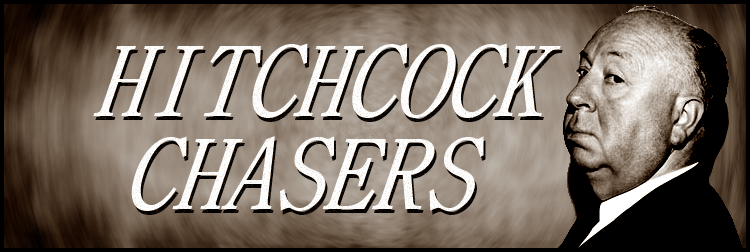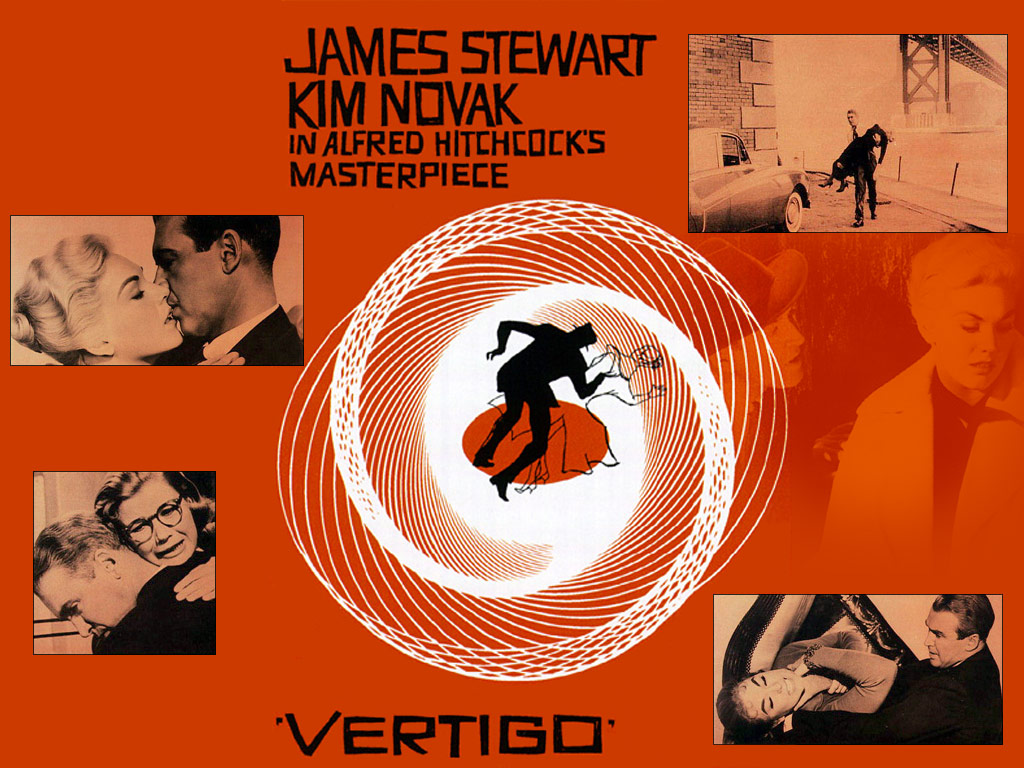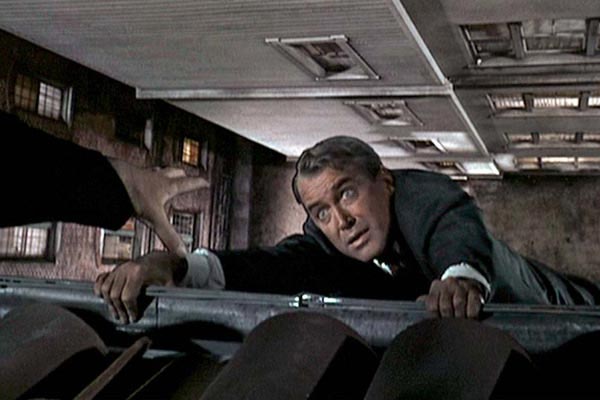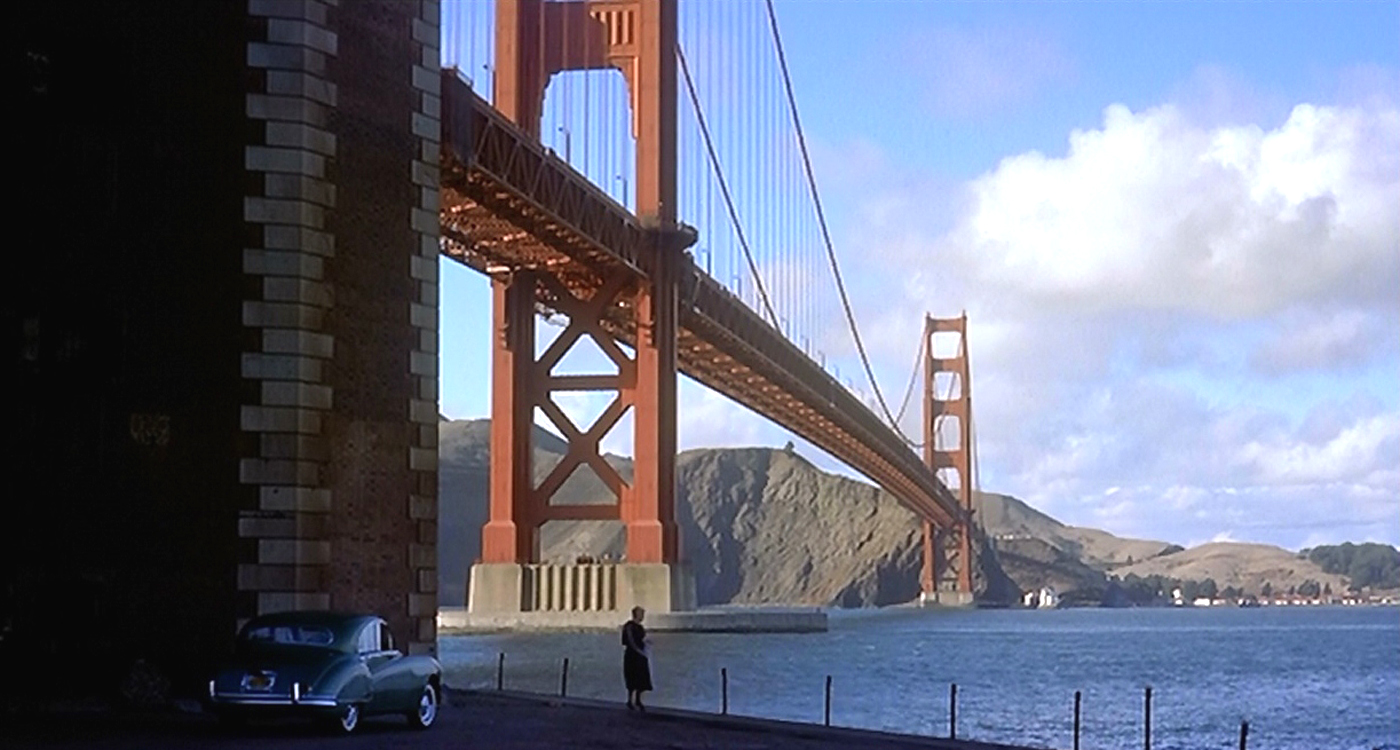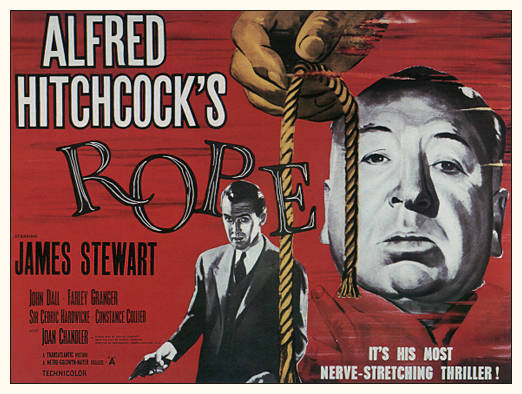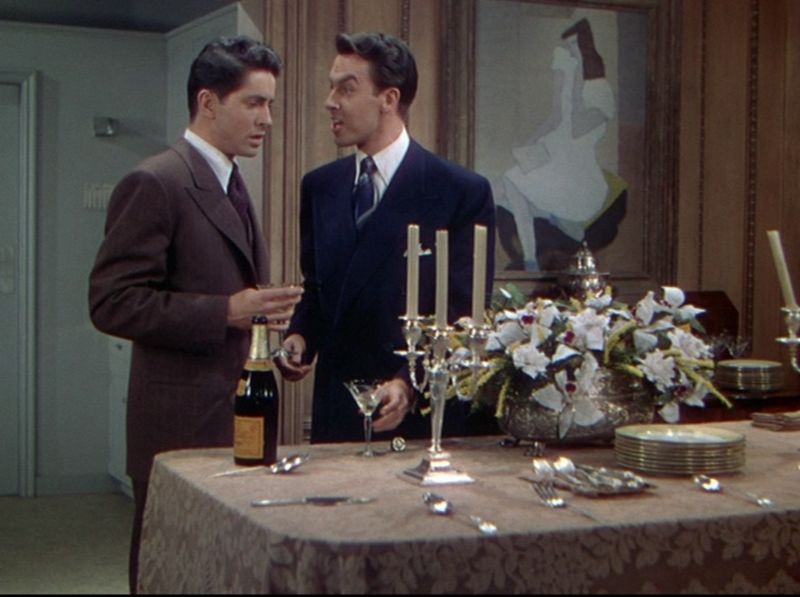Psycho (1960)
 Tuesday, February 17, 2015 at 8:49PM
Tuesday, February 17, 2015 at 8:49PM 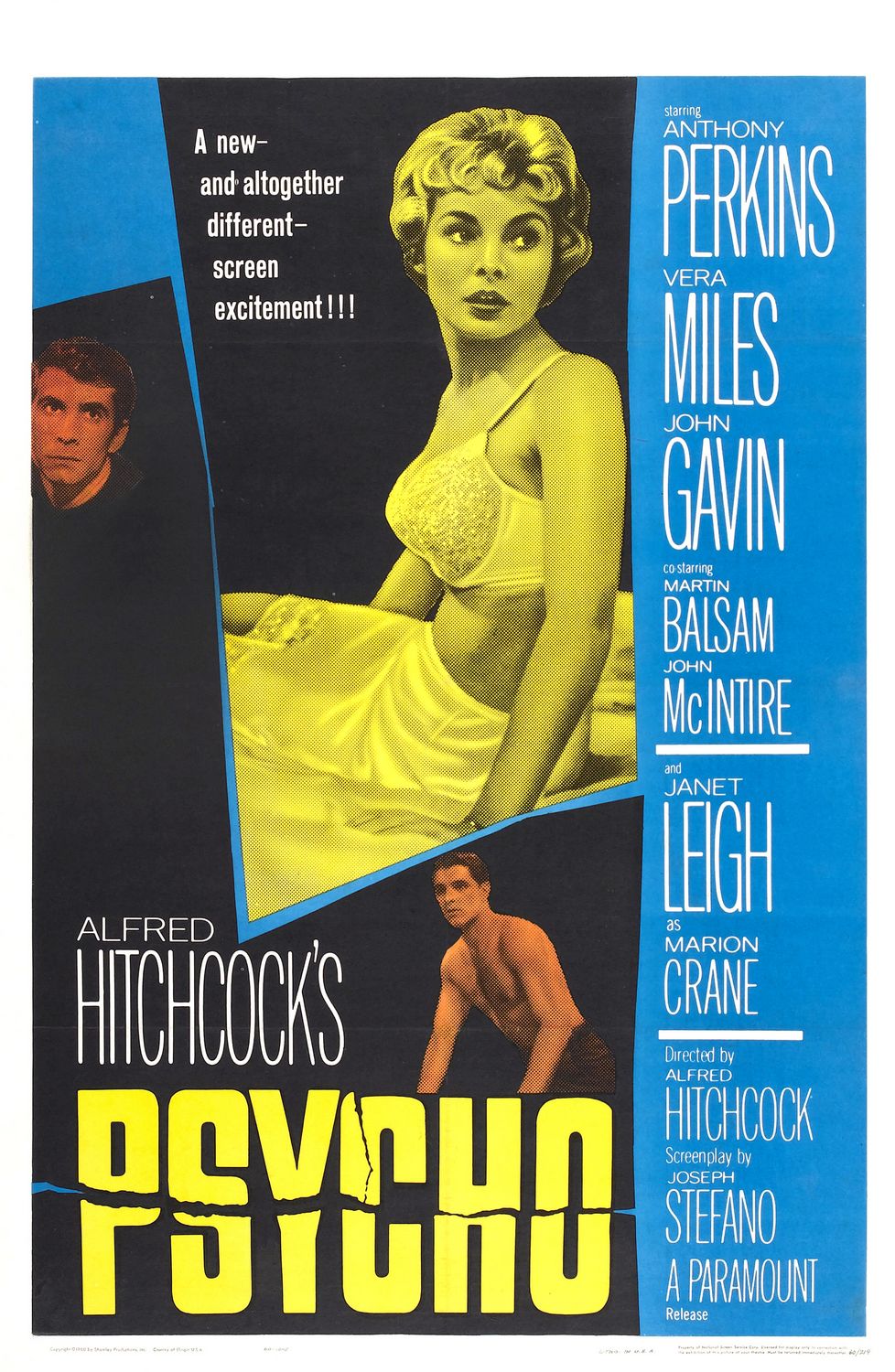
It’s very hard to find a director who has made three exceptional films in three years, much less three exceptional films over any amount of time. 1958 brought the tragic romantic thriller Vertigo and 1959 gave an aggregation of Hitchcock’s “Wrong Man” oeuvre with a career best North by Northwest. With solid stories, scores, credit sequences, action, mystery, and even humor, they stood out among the rest of Hitch’s considerable filmography. What could possibly have a chance of originality after all this?
It comes in the form of one man named Norman Bates (Anthony Perkins in a career best even without regarding the lack of other options) in the horror classic Psycho. Even if you’re a cinebriate novice at best, chances are you’ve at least heard of the film and are aware of both the iconic shower scene and its accompanying music (again, and at the risk of sounding like a shitty record, the great composer Bernard Herman). The Master of Suspense famously started a promotional campaign of sorts that stopped late movie goers from entering the cinema so as to avoid ruining a major shocks ~45 minutes into the film. As such and in respect to it, I’ll avoid spilling out many other plot details (even artwork in this post is meant to avoid spoilers) except that Janet Leigh is also serviceable along with Perkins as the “main” character Marion Crane (watch the movie to find out what the quotes are for… and if you’re smart, I’m sorry for already ruining it for you).
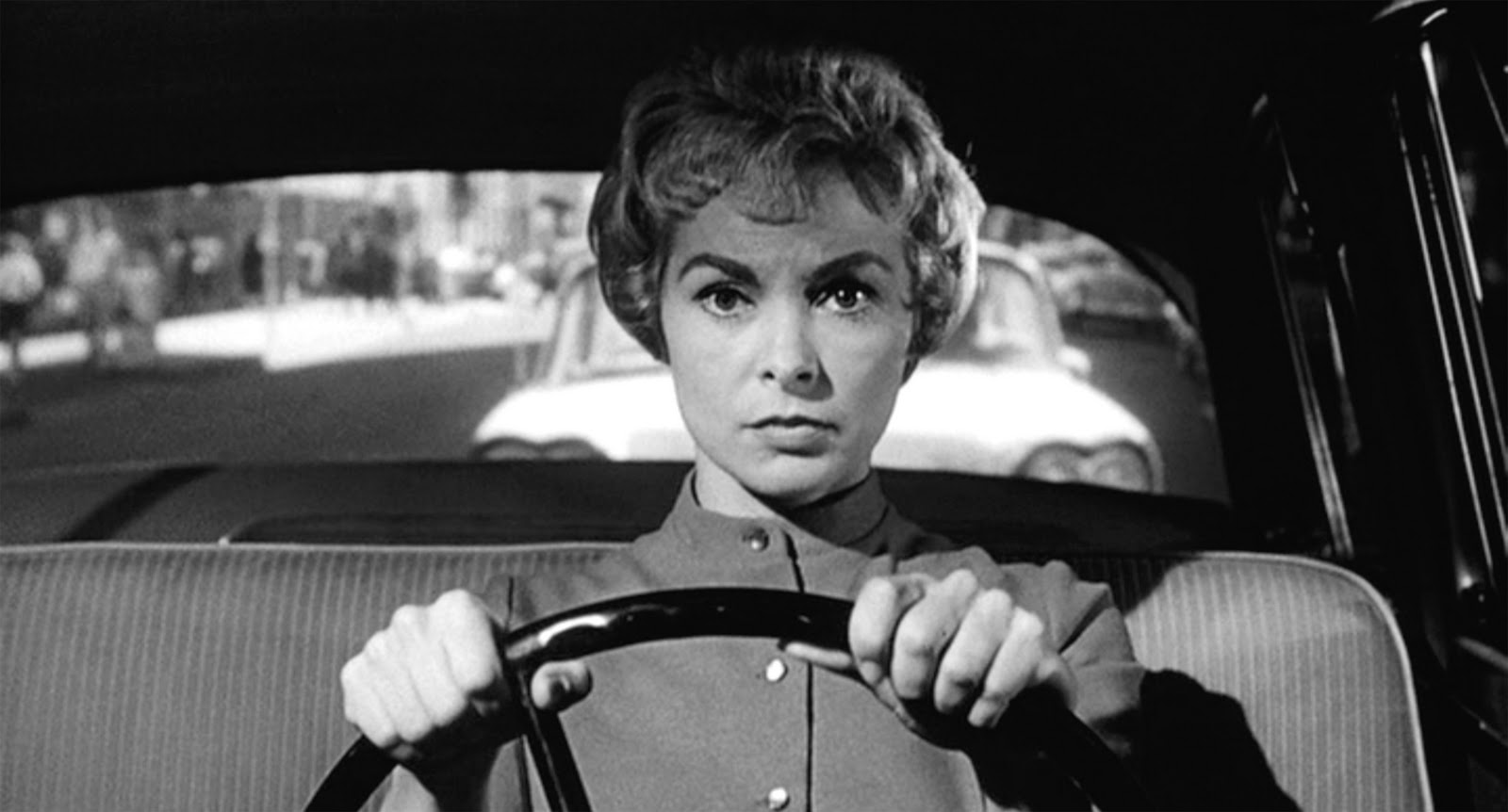
With North by Northwest servicing up a solid dose of entertainment, Hitch was apparently ready to delve out the dread once again, except this time in such revolutionary fashion. Traits are consistent here with some of his more recent previous films, including a blonde at the center, Herman score, mystery, intrigue and the MacGuffin (though not obvious, and almost something anybody would want: a bag of money). Otherwise, he creates a truly gritty atmosphere with black and white cinematography, seedy (for the time) sex scenes, and a really dank motel that even its caretaker Norman Bates thinks is creepy. The low budget doesn’t hurt the feel of grime (and neither did it hurt Hitch’s pockets when this film become a full fledged phenomenon).
Again, if you really haven’t seen this, to describe more of the film would only take away from the potential surprises that lay ahead (and there are a multitude of points for candidates). Just know that it is a fairly unique entity in Hitch’s filmography, and that is saying something.
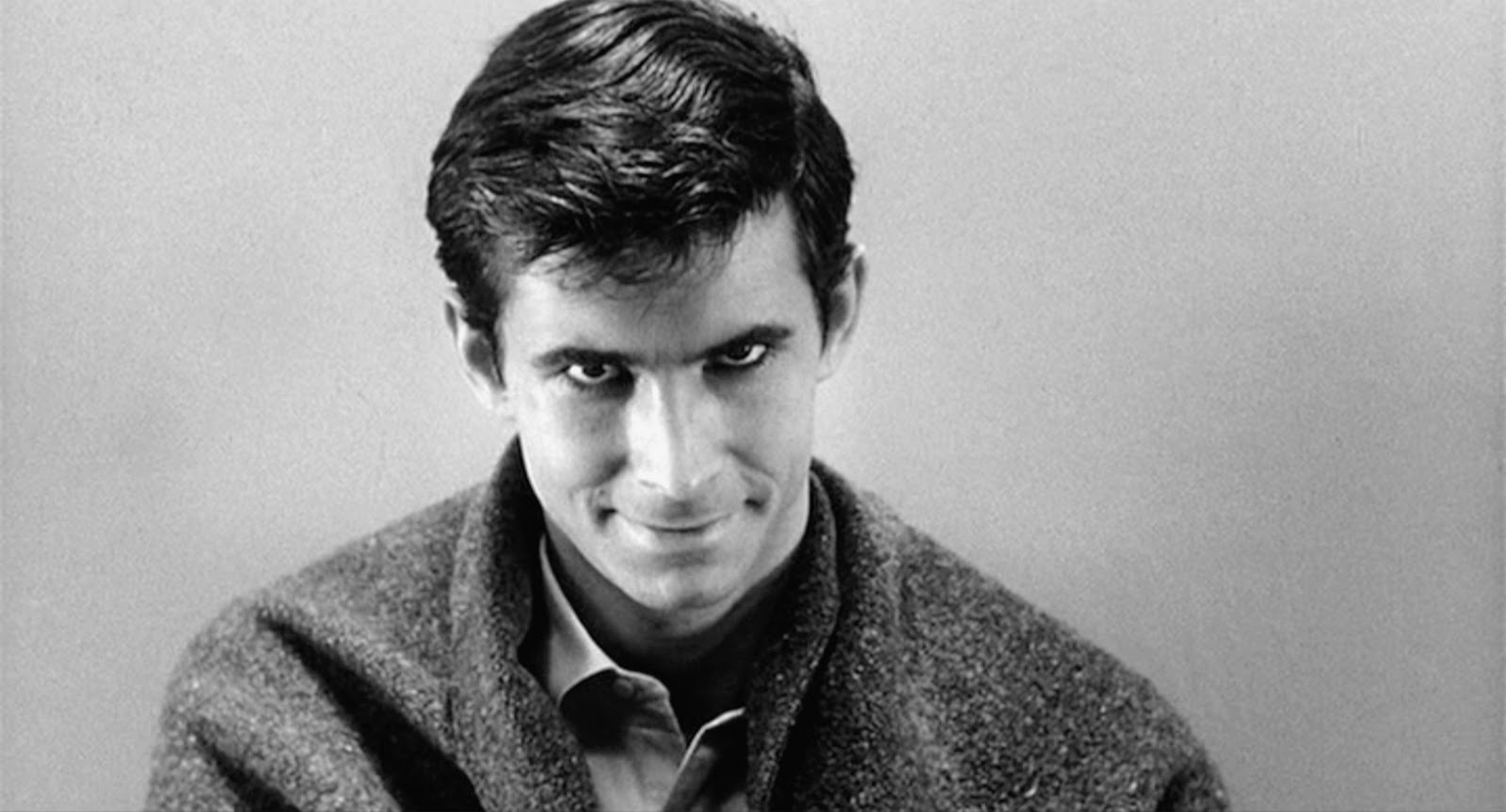
Again again, if you really haven’t seen this, get it done now! Instead of checking the trailer, listen to this piece of score below.
 Cinebriated,
Cinebriated,  Hitchcock,
Hitchcock,  Hitchcock Chaser,
Hitchcock Chaser,  horror in
horror in  Hitchcock Chasers
Hitchcock Chasers 


